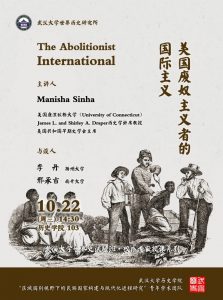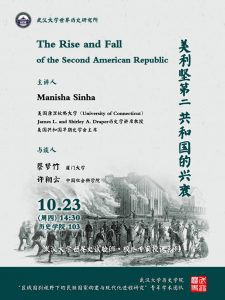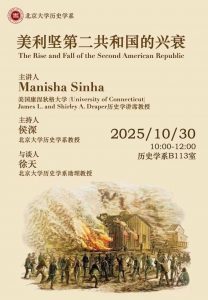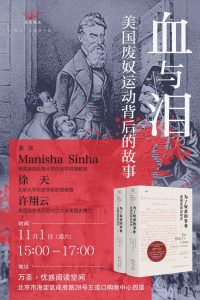Sergio Luzzatto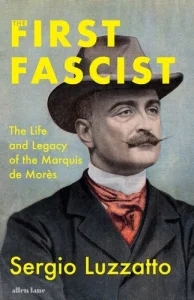
Harvard University Press, 2026 (US); Penguin Books, 2026 (UK)
A vivid biography of the nineteenth-century French-Italian aristocrat Marquis de Morès, the first political leader to master the blend of racialized hatred, cross-class solidarity, and paramilitary violence that Benito Mussolini would call “fascism.”
